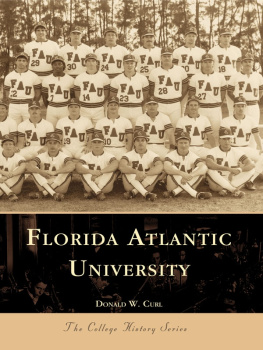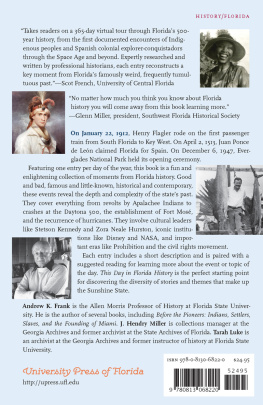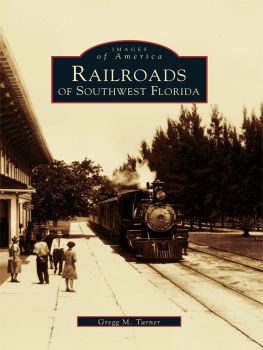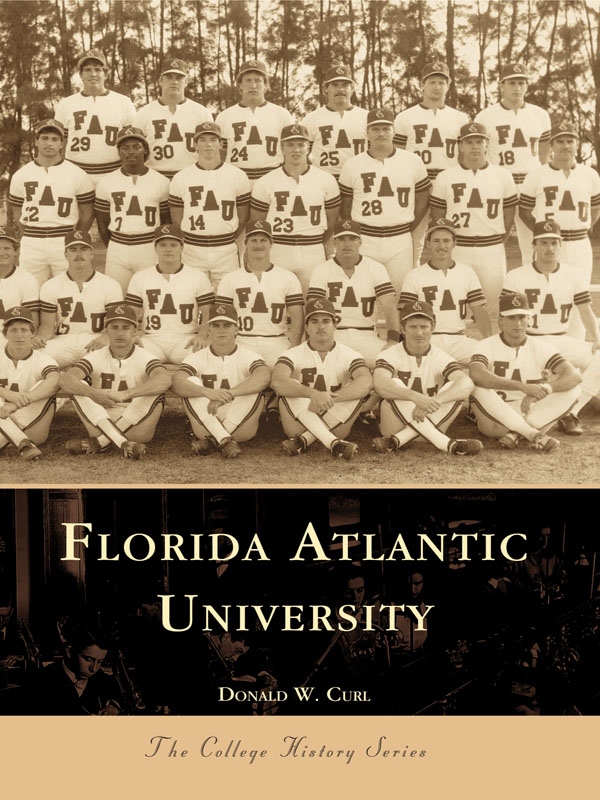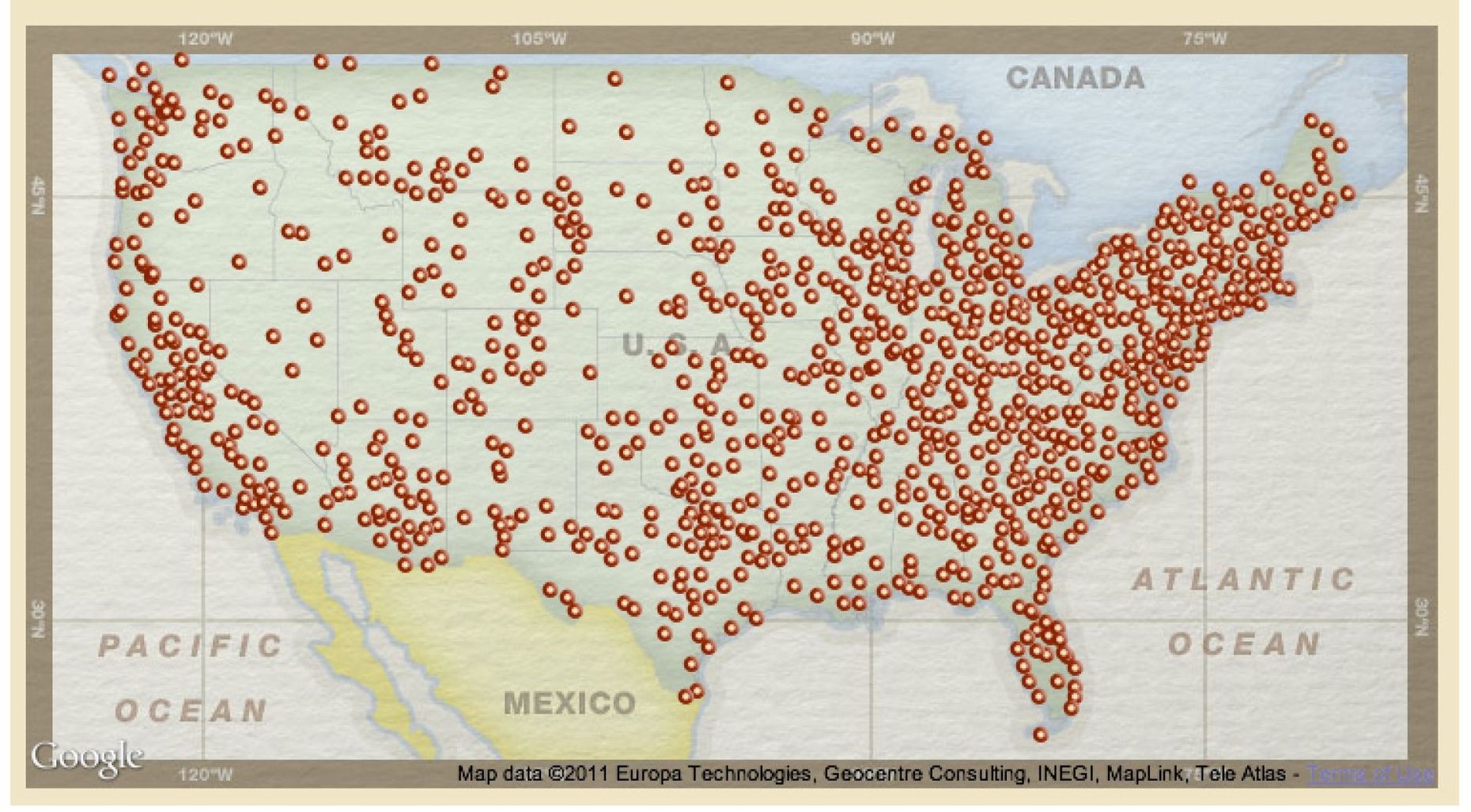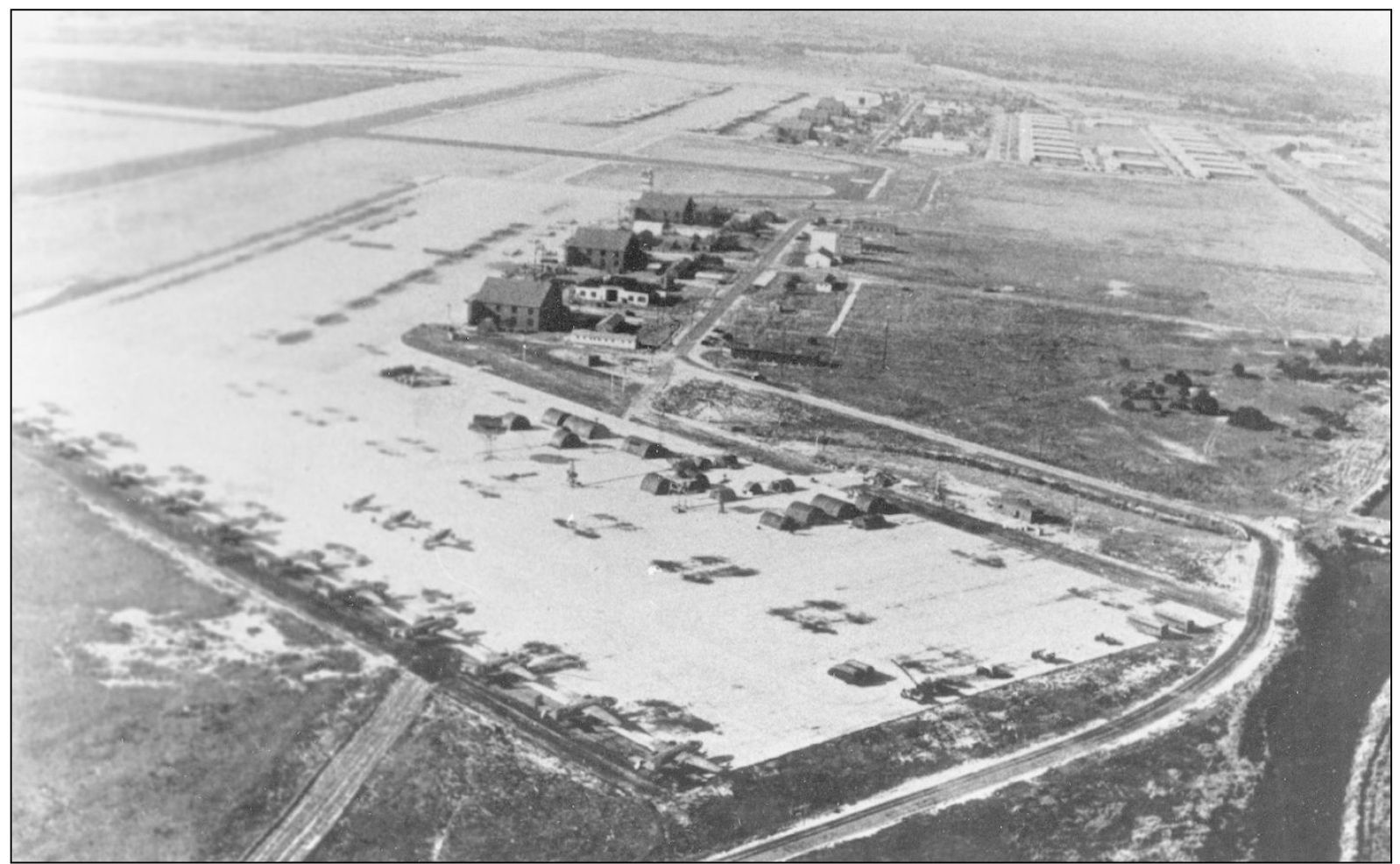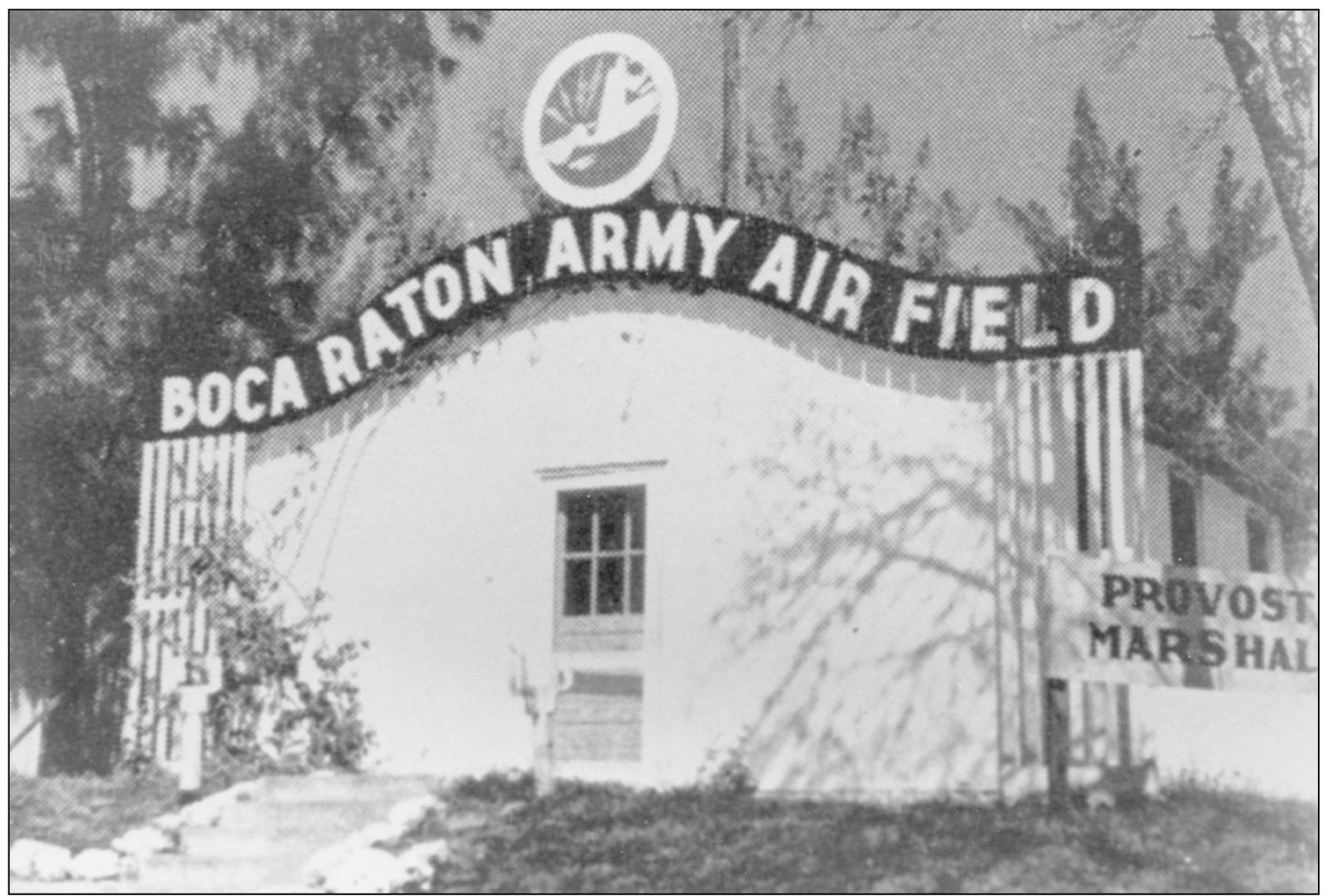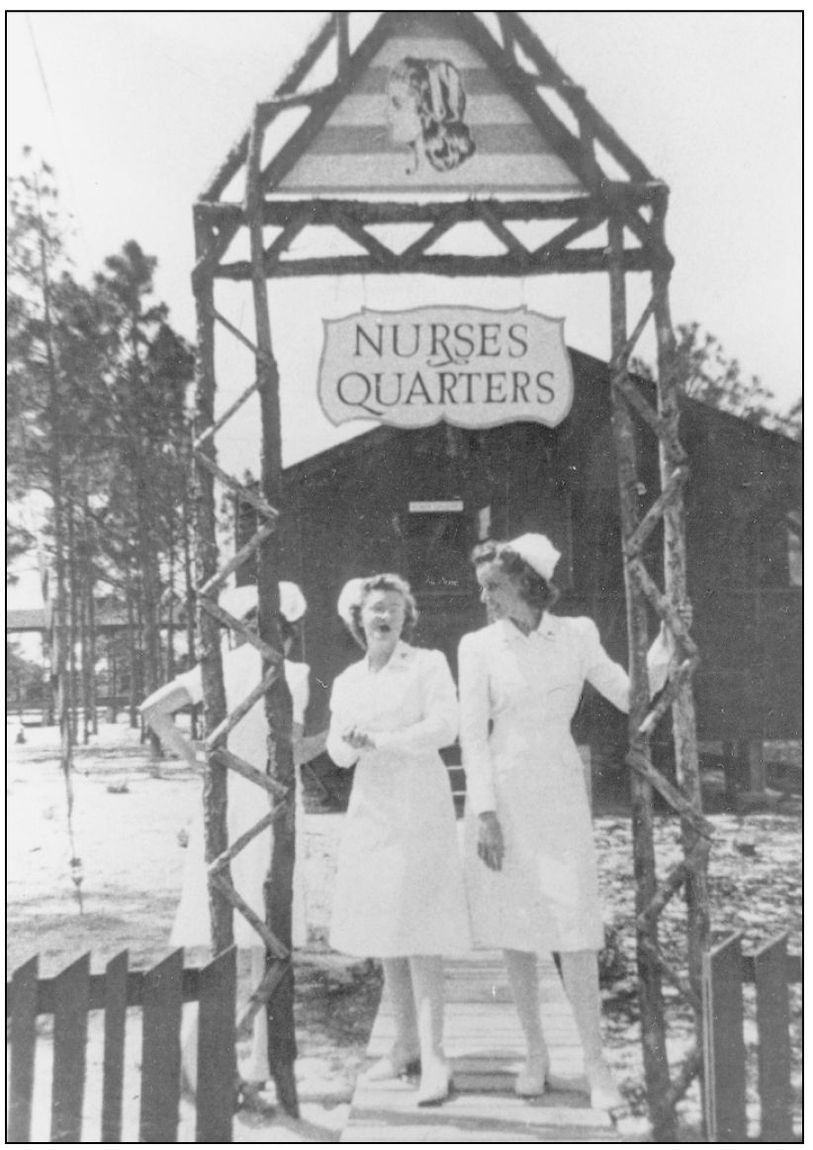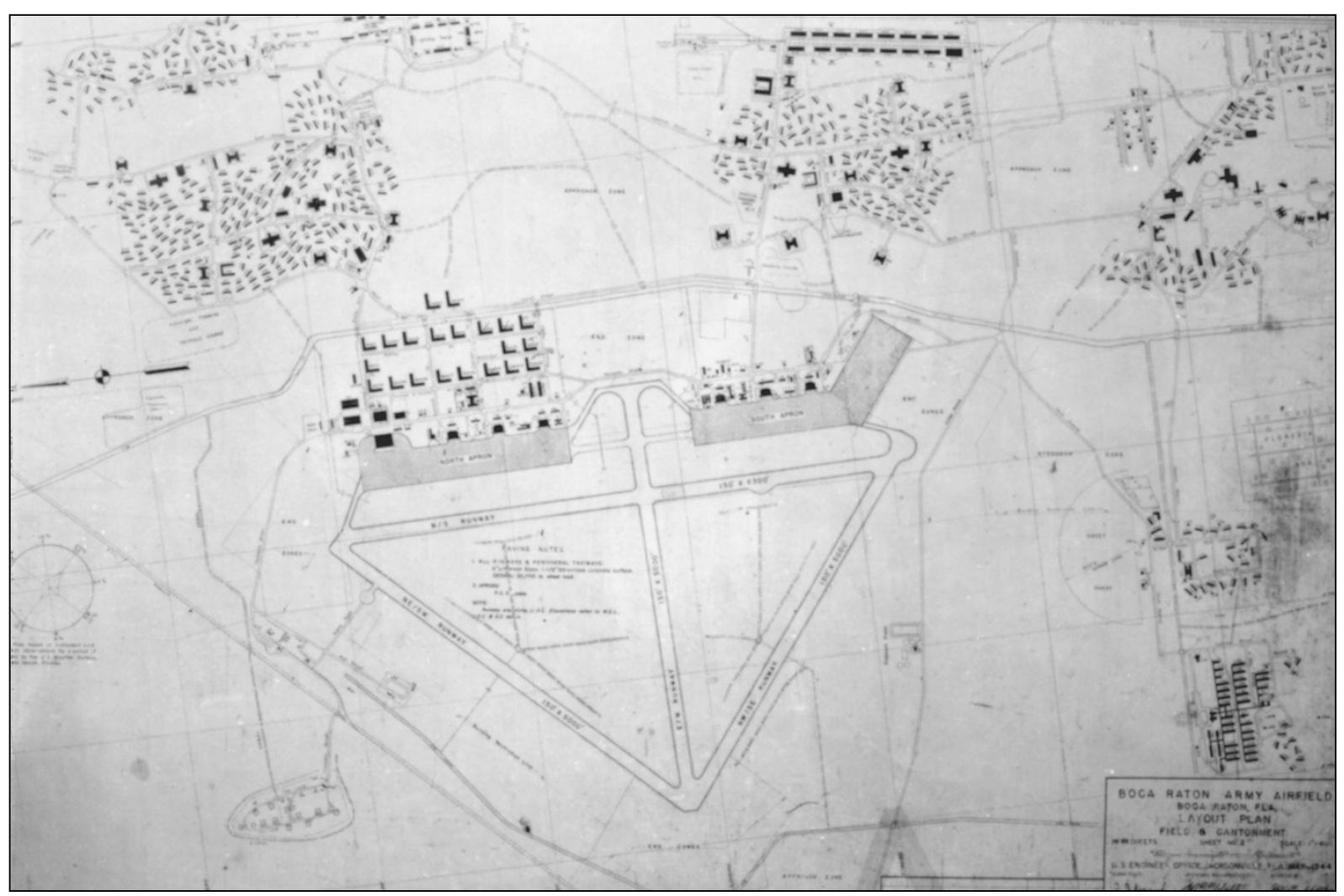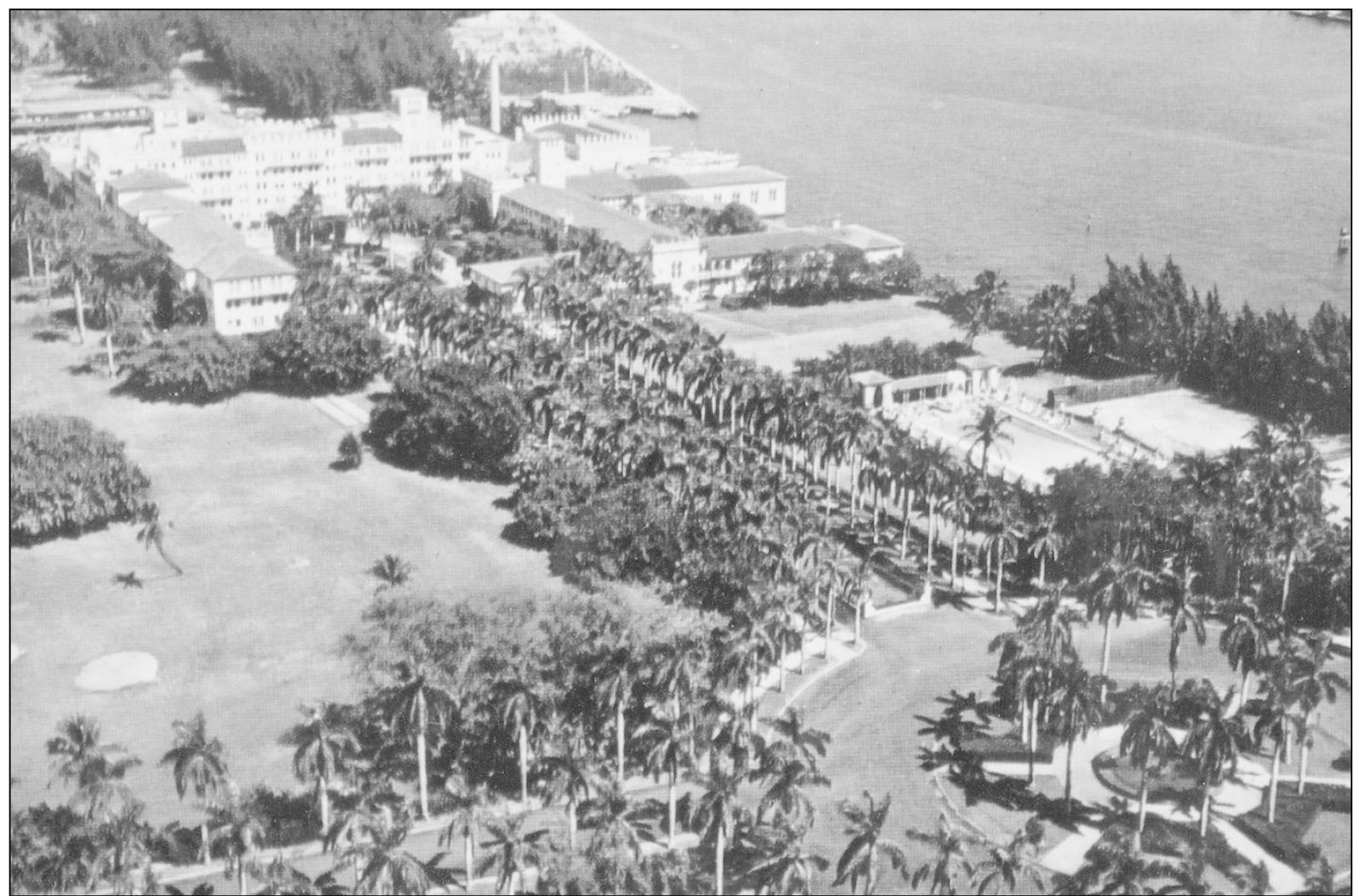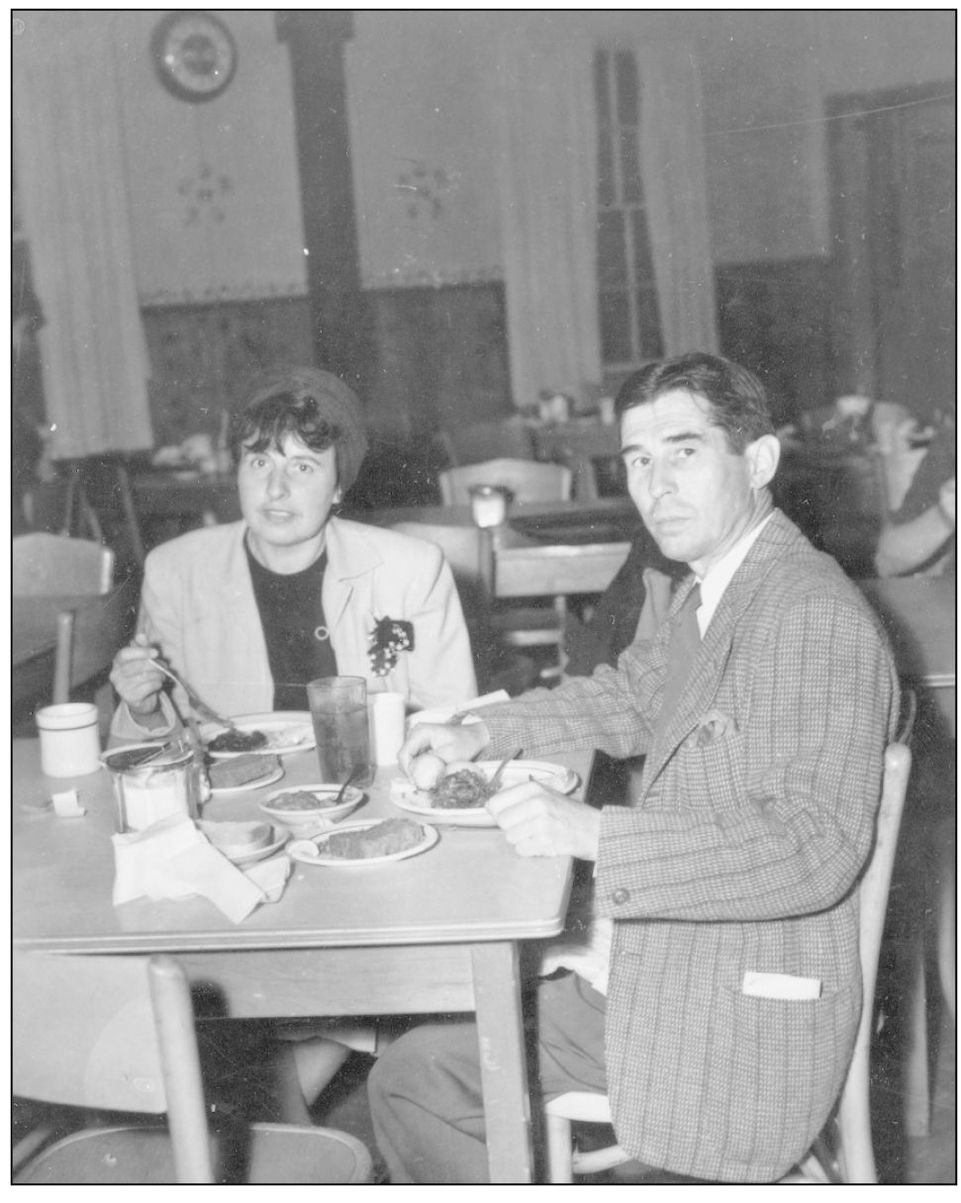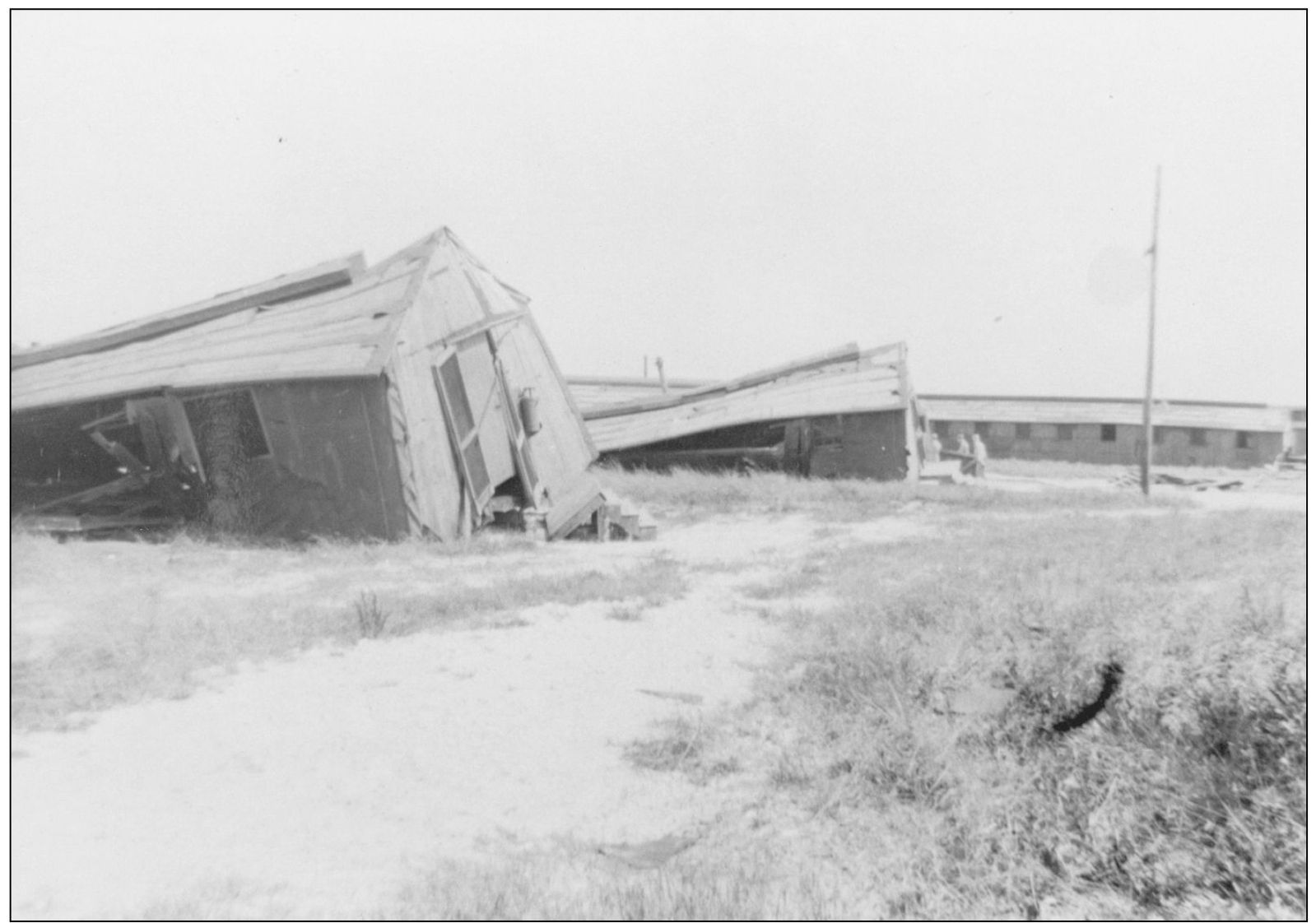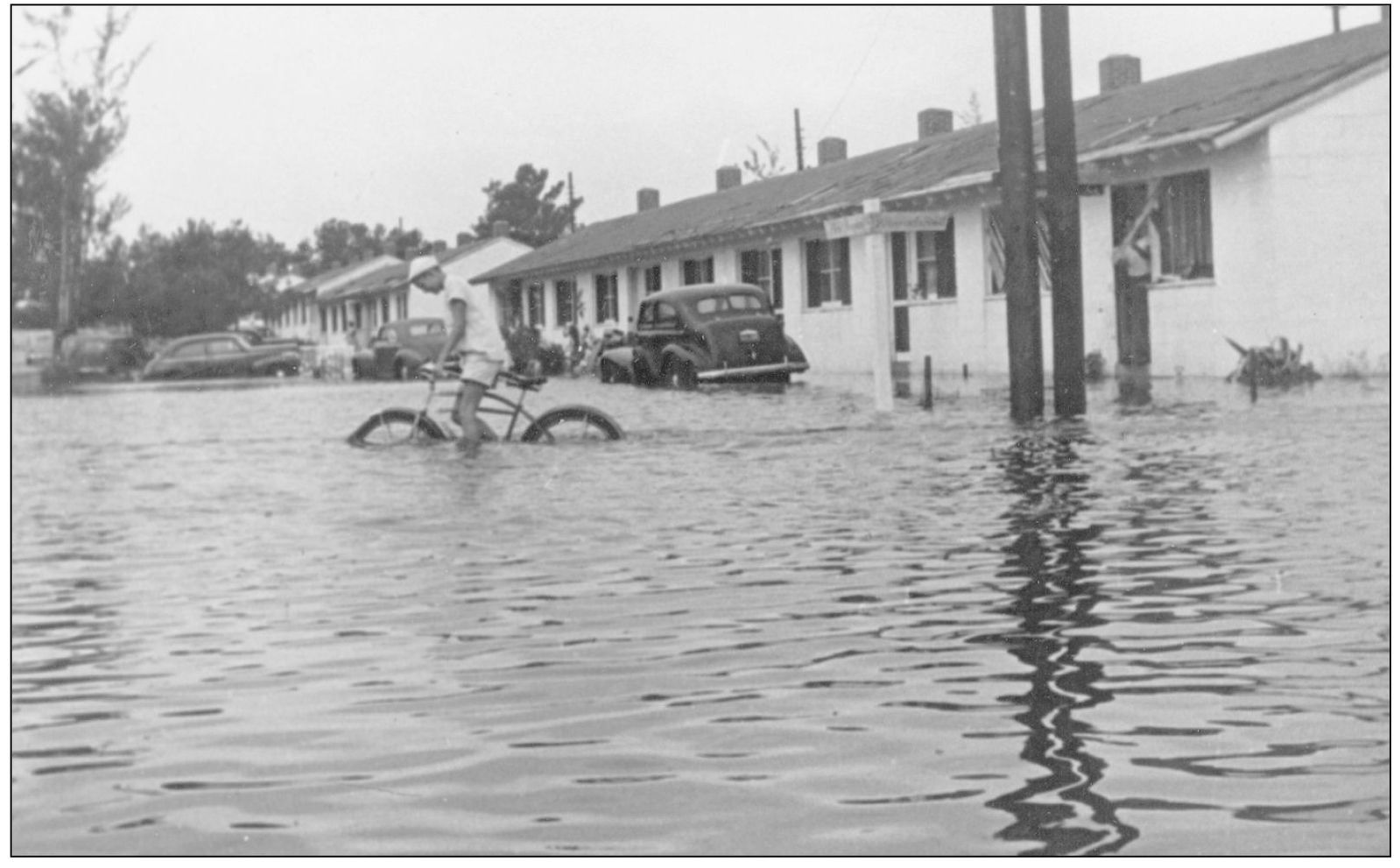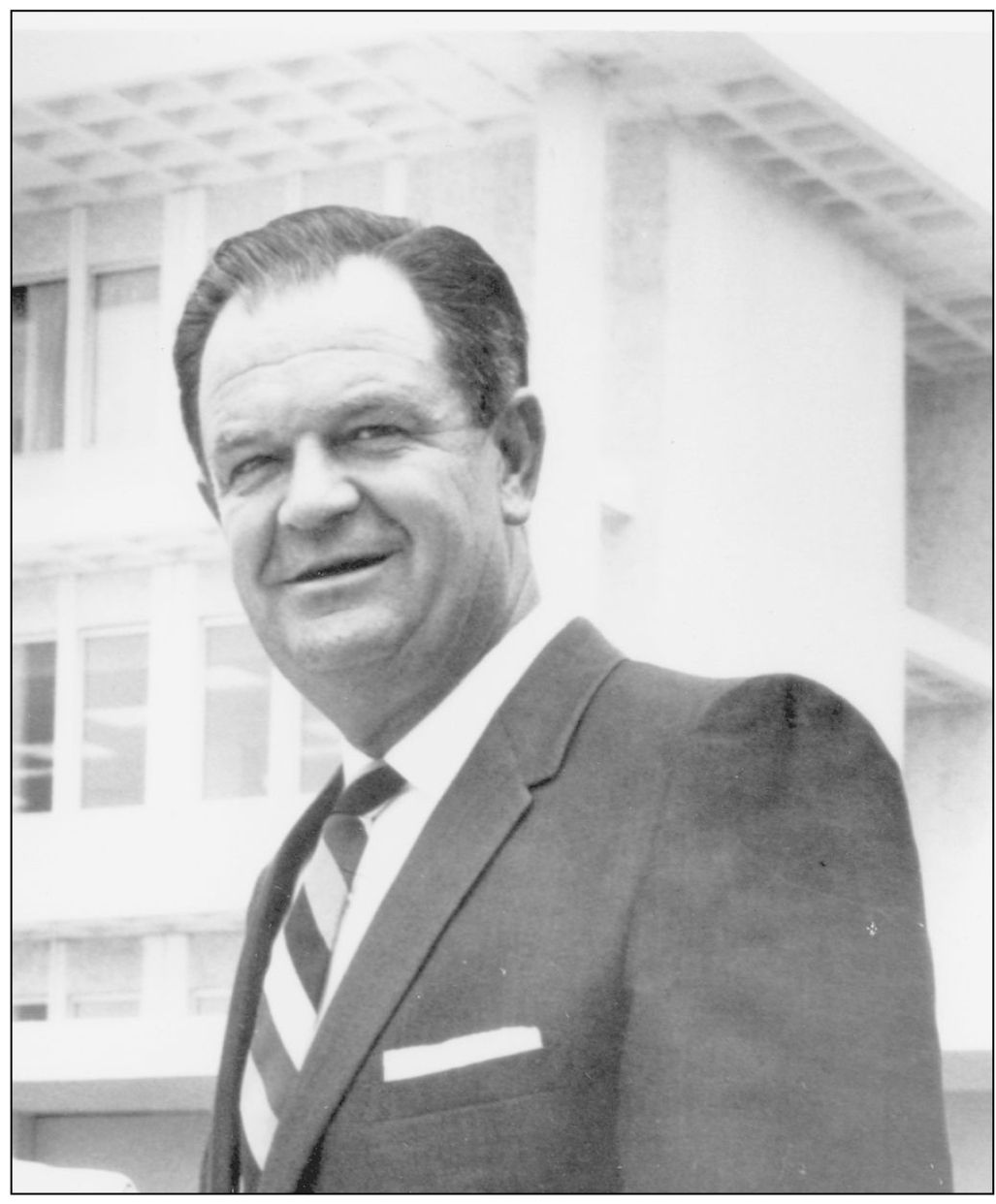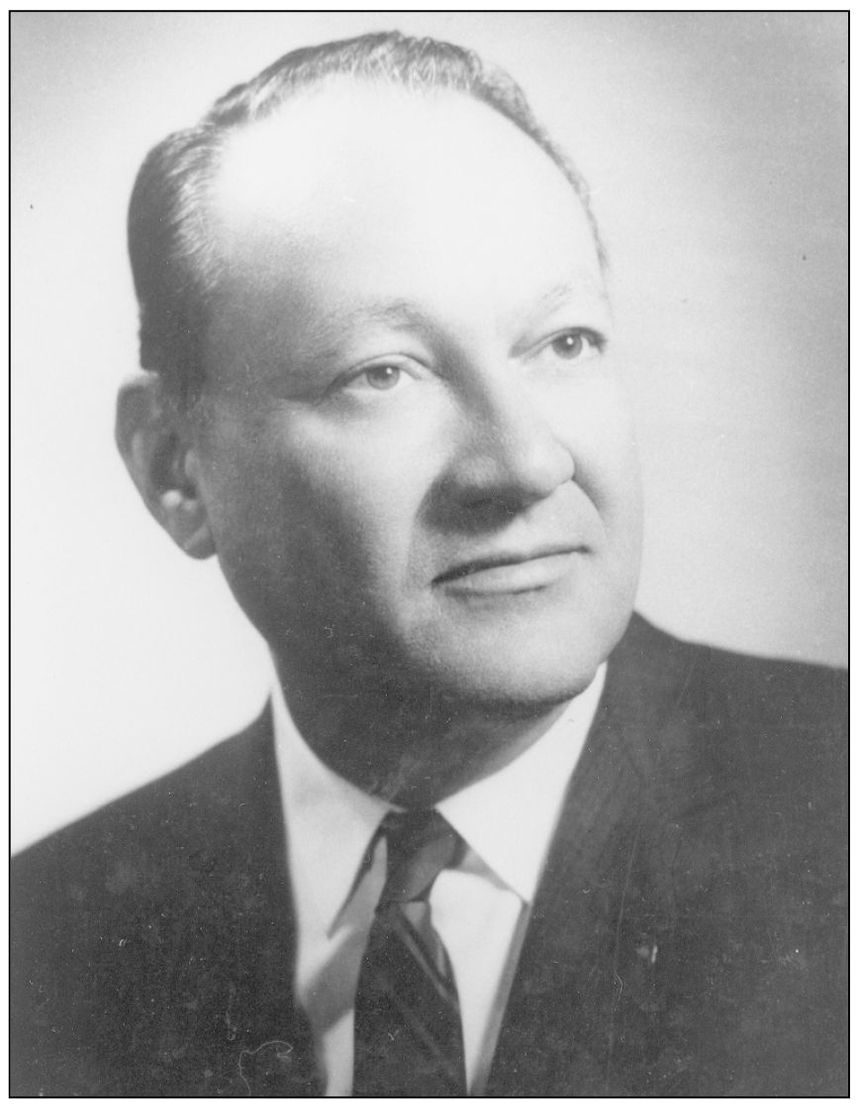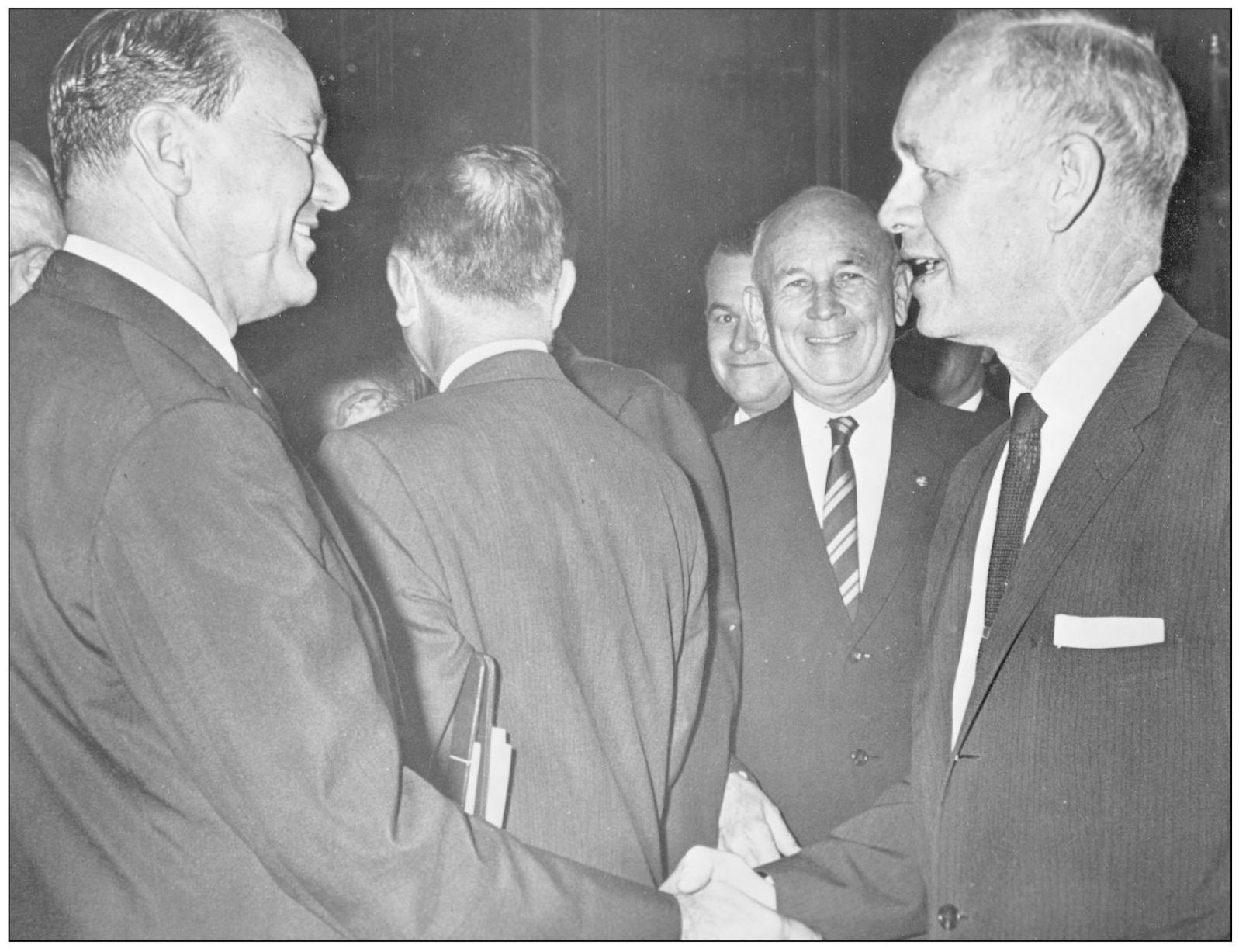One
WHERE TOMORROW BEGINS (19551966)
T homas F. Fleming Jr. provided the leadership that brought FAU to Boca Raton. Although Georgia-born, Fleming came with his family to south Florida during the land boom period of the 1920s. After graduating from Fort Lauderdale High School he attended the University of Florida and received an MBA from Harvard. He moved to Boca Raton in 1939 after his marriage to Myrtle Butts, the daughter of August and Natalie Butts. Fleming helped manage the Butts Farms. Later he became interested in property development and founded the First Bank and Trust Company.
He used his friendship with Congressman Paul Rogers and Senator George Smathers to make the contacts that secured the federal grant of land that eventually became the university. He also established the Endowment Corporation that helped support the school during its planning years and pledged that a minimum of one-percent of First Bank and Trusts pre-taxed earnings go to the endowment.
Finally, Fleming served as Lyndon B. Johnsons Florida chairman in his 1964 election campaign. This helped him secure President Johnson as the speaker at the universitys dedication ceremony on Sunday October 25, 1964. Before a crowd of over 15,000 people, Johnson received the new universitys first honorary doctorate.
This is an aerial view of the Boca Raton Army Air Field, which opened in October 1942 as the Air Corps only World War II radar training school. By January 1943 three 5,200-foot-long airstrips and more than 800 structures served 1,340 airmen trainees.
The entrance gate and provost marshalls headquarters for the Boca Raton Army Air Field was located near todays Palmetto Park Road and Northwest Fourth Avenue. The headquarters building for the air field still stands to the northwest of this intersection.
Some attempt to enliven the desolate Florida scrubland can be seen in the entrance gate built for the Nurses Quarters at the air field. By 1945, 16,281 troops were enrolled in the radar and electronic courses offered at the facility.
The extent of the air field can be seen in this layout plan. The parallel rows of dark buildings at the top center are warehouses located along the Florida East Coast Railway tracks. The base extended north beyond Spanish River Boulevard, south to Palmetto Park Road, and west into the area holding todays Interstate 95.
The Army Air Corps also took over the Boca Raton Club in 1942 to house the officers among the thousands of trainees. The employees of the luxurious club hurriedly stored the valuable antiques and elegant furnishings, substituting standard GI bunks in their place.
Theodore Pratt completed his best-known novel, The Barefoot Mailman, in 1943 while living in Old Floresta in Boca Raton. He and his wife, Belle Jacque (Jackie), are seen at the air fields open house in November 1945.
When a severe hurricane hit southeast Florida on September 17, 1947, many airmen at the Boca Raton base already had been transferred to their new radar training facility at Kessler Air Force Base in Mississippi.
The 1947 storm caused extensive damage to the hurriedly built frame structures of the base and was responsible for widespread flooding. These conditions convinced the Air Force to abandon the site earlier than originally planned.
Local Boca Raton banker Thomas F. Fleming Jr. served as the founding father of Florida Atlantic University. Fleming belonged to the leadership fraternity of Blue Key at the University of Florida, as did Senator George Smathers and Congressman Paul Rogers. Flemings friendship with these men helped pave the way that led to the Civil Aeronautics Administrations decision to release the air bases land for the purpose of founding the university.
The board of control appointed Kenneth R. Williams as the universitys first president on May 11, 1962. The fifty-one-year-old educator had been born in Monticello, FL. He earned both his B.A. in education and M.A. degrees from the University of Florida and received his Ph.D. from the University of Chicago. He was serving as the founding president of Miami-Dade Junior College when he was appointed to the university.

